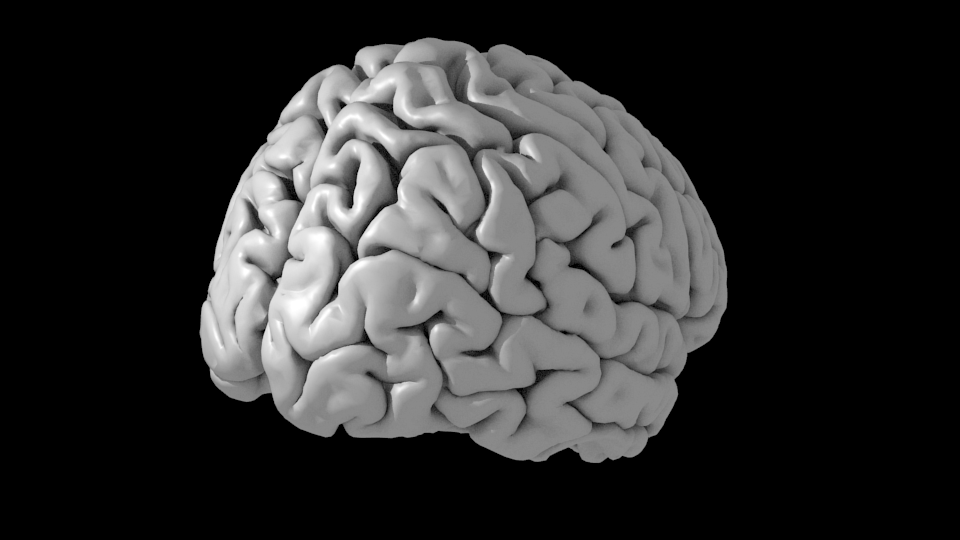A new study by the National University of Ireland, Galway found that lowering blood pressure by consuming drug treatments for abnormal blood pressure may decrease the risk of dementia and cognitive dysfunction. The results were published in JAMA.
The findings comprised of a systemic review and meta-analysis of more than 95,000 participants from previous trials of drug treatments used to lower blood pressure. The NUI Galway researchers then used the data to pinpoint how much lower the risk of dementia was after treatment intervention.
According to the findings, antihypertensive drug treatments could be effective at reducing the risk of developing dementia by up to 7 percent.
“Prevention of dementia is a major health priority. We know from previous research that a major concern of older people is developing dementia,” said Michelle Canavan, co-author of the study.
“The message from this study is simple: Get your blood pressure checked. If it is high, it can be readily treated with lifestyle changes and medications. We would hope that our study will heighten awareness of the importance of controlling blood pressure to maintain “brain” health, combined with a healthy lifestyle.”
The significance of treating high blood pressure was highlighted in past studies, in which two-thirds of the Irish population over the age of 50 are said to suffer from hypertension.
Nearly 50 percent in the European nation remain undiagnosed and one third are not receiving treatment for high blood pressure. Moreover, dementia rates are also at an increasing pace, affecting an estimated 50 million people worldwide.


